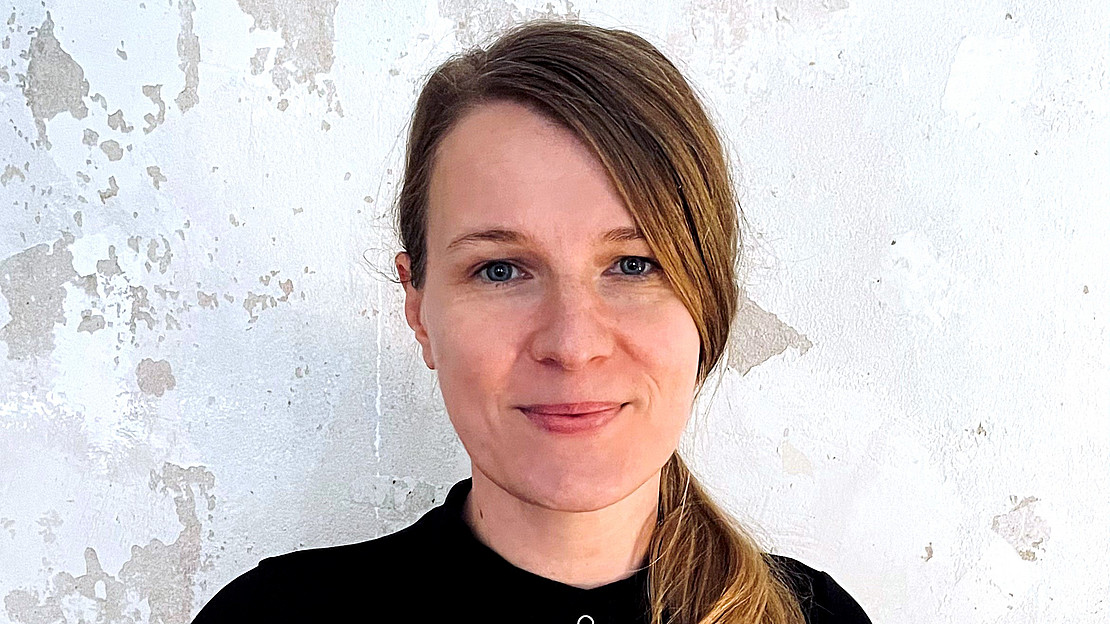Prof. Dr. Susanne Ritzmann
Design can do more than external form
Interview
Sustainable product design and development: what exactly are you researching in your department?
The department at the Kunsthochschule Kassel has been committed to exploring the connection between design and sustainability since January 2023. We deal with interdisciplinary research questions relating to the topics of systems, structures and cultures of waste. In addition, the department primarily works on issues relating to the design theory of things, with a special focus on bio and food design - i.e. design and material concepts in the fields of biotechnology, nutrition, cuisine and food culture.
What inspired you to work scientifically in this field?
In all of these topics, I am guided by the question of how designers can play a positive role in shaping the society of the future and what practical and reflective skills they themselves need to do so. Since completing my own design studies, it has been my goal to make future designers aware of the ecological and social consequences of their actions and to develop alternative scenarios with them for shaping our living environment.
What specific questions or problems are you currently trying to solve?
One specific issue currently revolves around the use and utilization of Kassel sheep's wool. The actually positive - because health-promoting - properties of the greasy raw wool make its processing into textiles very challenging. This was the subject of Fabienne Rako's final thesis. In addition to an innovative production approach, she has also developed an application for this wool to alleviate neurodermatitis.
What is currently your most important research project and why?
The department has assumed responsibility for the BIOLAB at the University of Art and Design. This is an experimental and working space for researching microorganisms for design. We are currently particularly involved in a teaching and research cooperation with the Department of Biology and the Department of Architecture. We are working with fungi in a research-based teaching setting to investigate their potential as biological material components and as living design partners.
What challenges do you face with your research?
The biggest challenge is still the low level of attention paid to design research by funding bodies. The potential of design as a cross-sectional discipline in the context of sustainability is enormous, but the formal requirements for participation in funding programs are rather poor.
Which methods do you mainly use in your research?
Design research views design as knowledge production. Accordingly, products, systems, services and practices are manifested knowledge. We approach research questions from a design perspective and generate alternatives with users or those affected in order to answer the respective question and derive transferable findings from these alternatives.
What moments do you particularly enjoy in your scientific work?
Designers often work their way into completely new contexts (see the example of sheep's wool) in order to understand problems and make good offers for products and processes. In doing so, we open up the world and also learn the language of the respective experts. This immersion is exhausting, but the synapses firing in our heads is also a real pleasure.
What personal goals or visions drive you in your scientific work?
For a long time, design was seen as a helper to the marketing machinery and the wasteful society. My research aims to show that this is not the case. Design can do much more than external form. Our whole life consists of designed processes, relationships and things. My aim is to look at these as design problems and to develop and test alternatives.
What characterizes sustainability research at the Kassel Institute for Sustainability?
The variety of professional perspectives available at the Kassel Institute is unique in Germany. The interaction of these perspectives is the key to a sustainable society. To a certain extent, we are testing in the field of science how plurality can be brought into balance and generate added value. Not every discipline is always involved, but one discipline alone cannot tackle the problems of our time. I think this negotiation process is extremely important.
The Kassel Institute for Sustainability pursues an interdisciplinary approach. Where do you see the interfaces to the other research projects?
The examples above have already illustrated this: when it comes to wool, we are in contact with shepherds and textile technologists; when it comes to mushroom mycelium, we are in contact with mycologists and biologists. When we do culinary research, we work with food technologists, chemists and cultural scientists. When we look at waste, it's also engineers, psychologists and artists.
